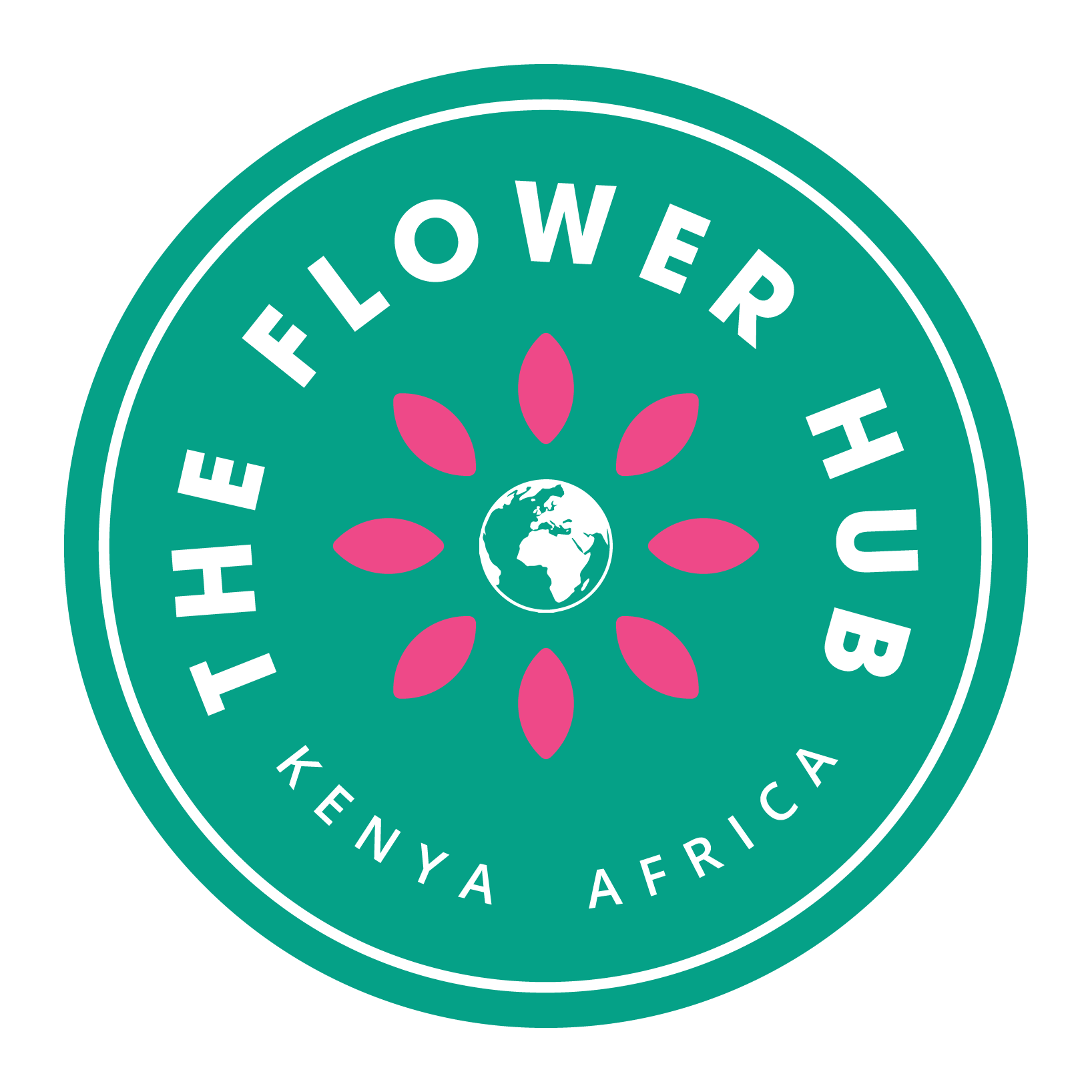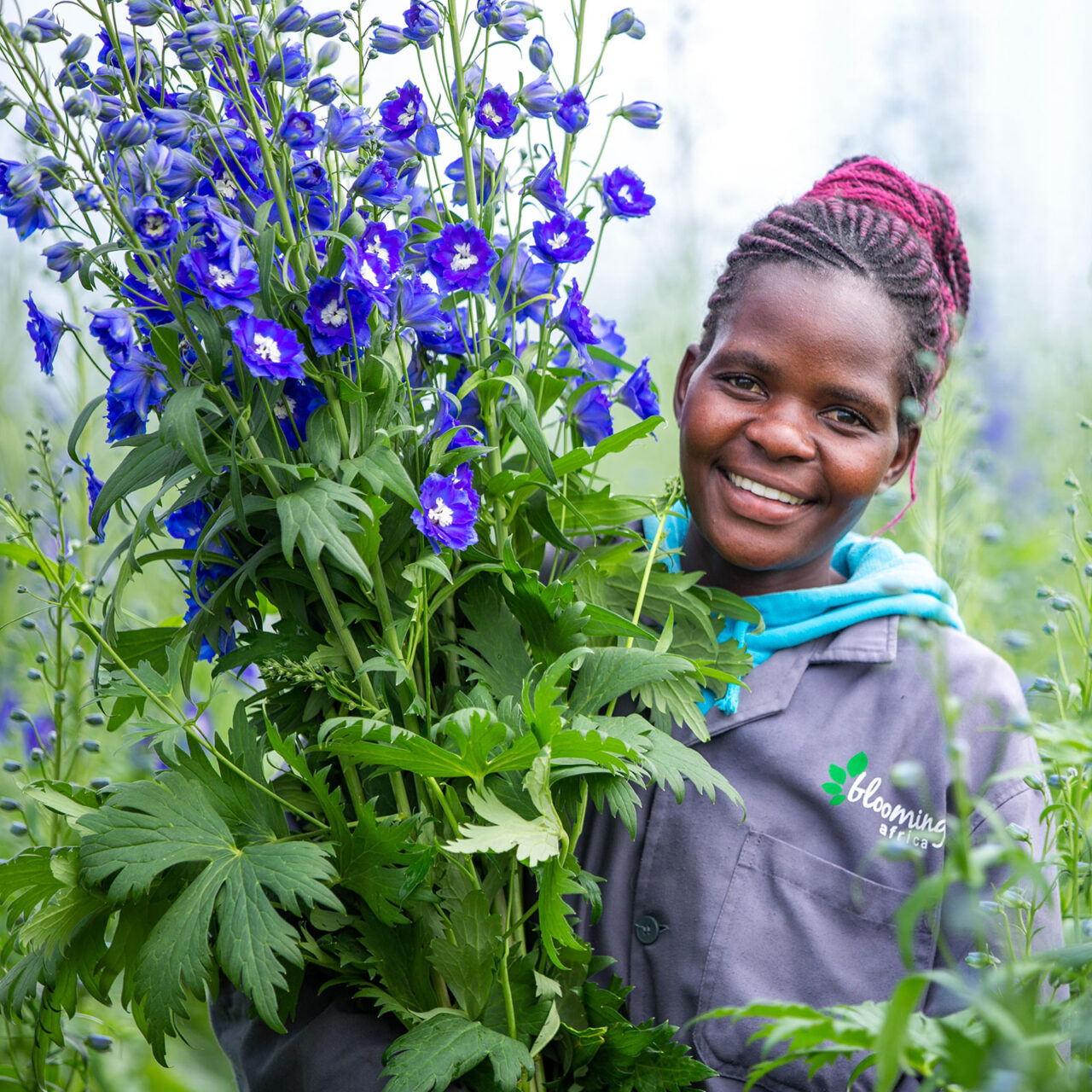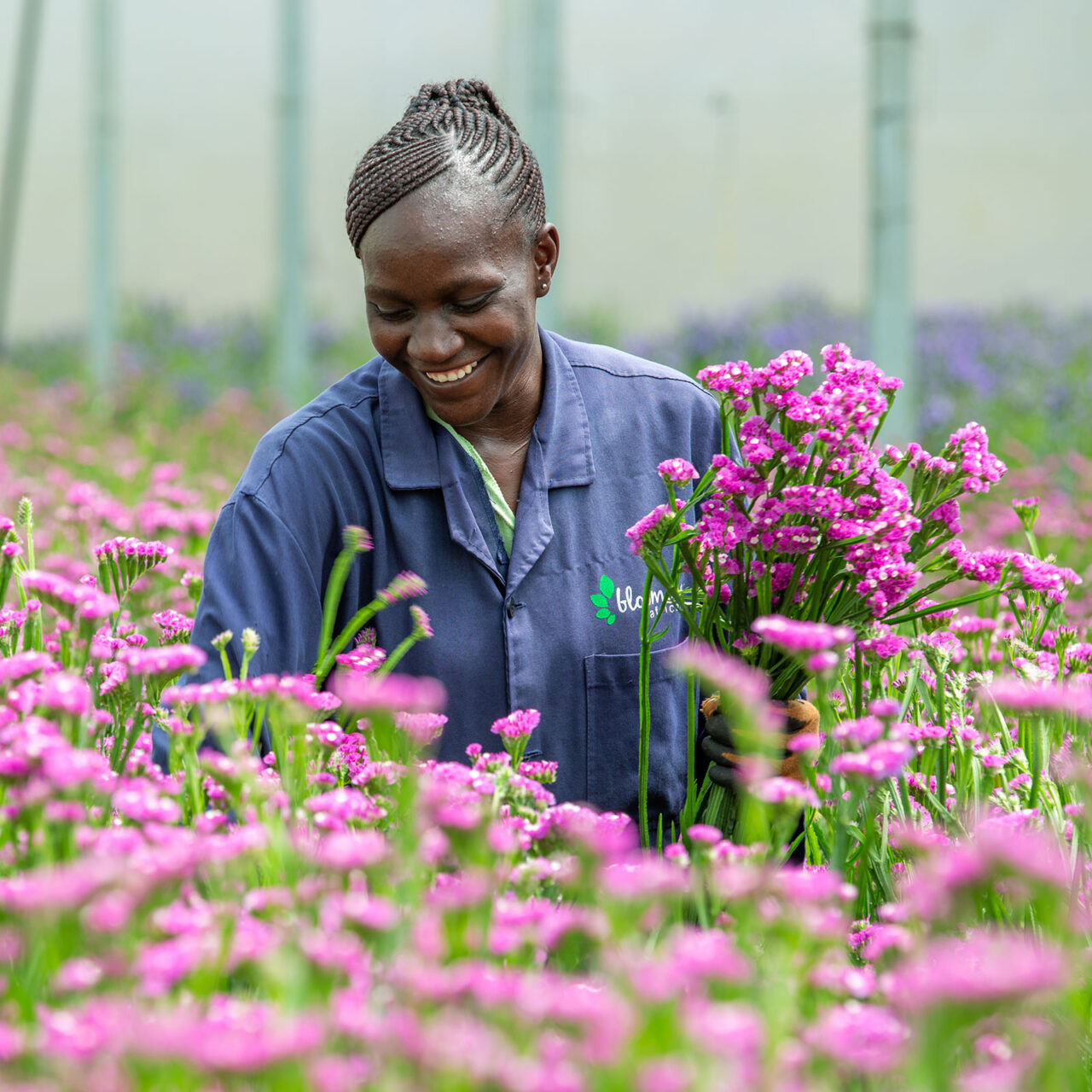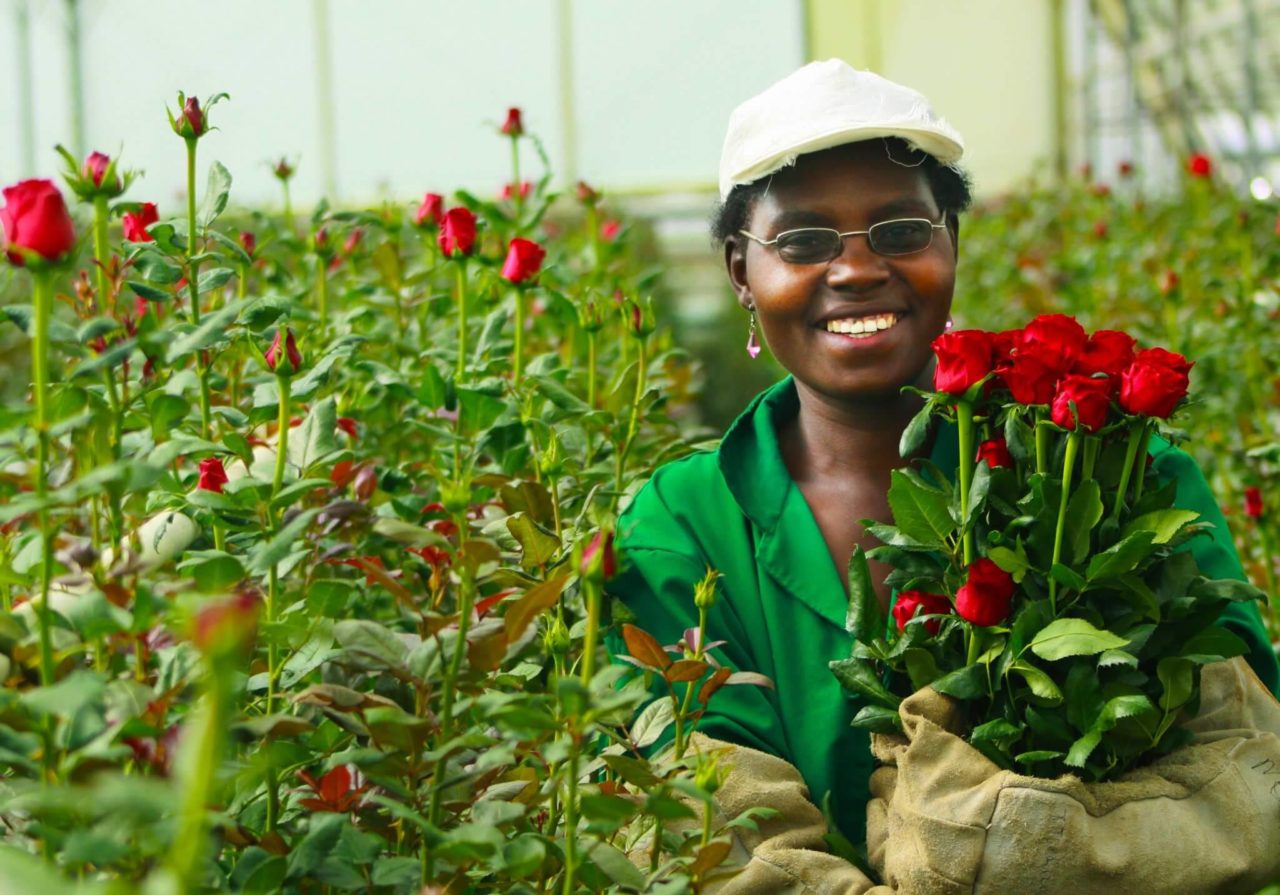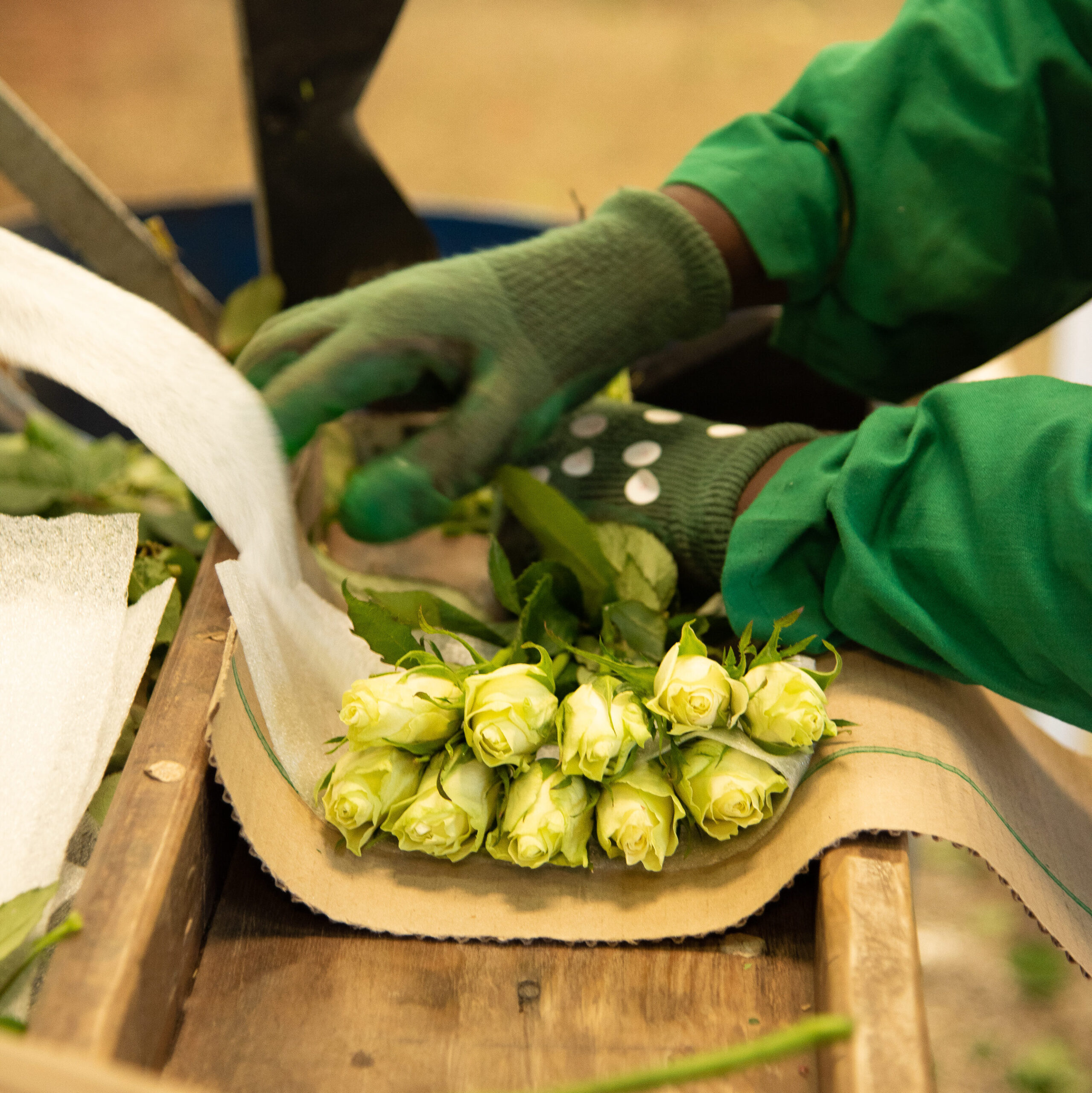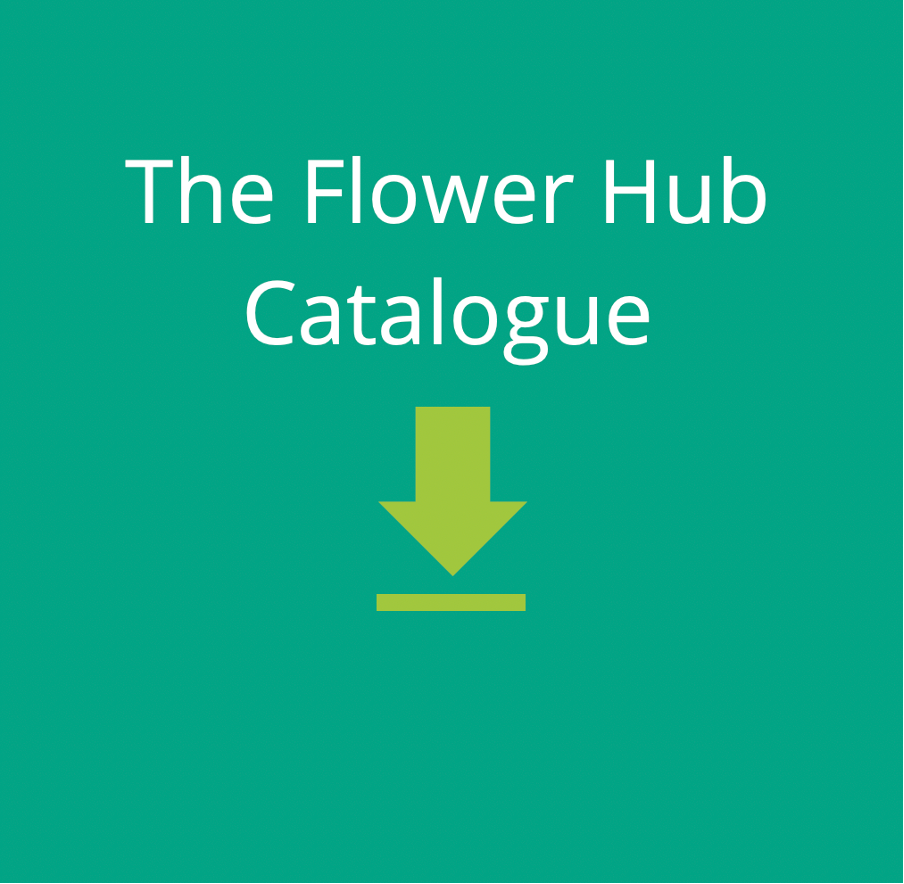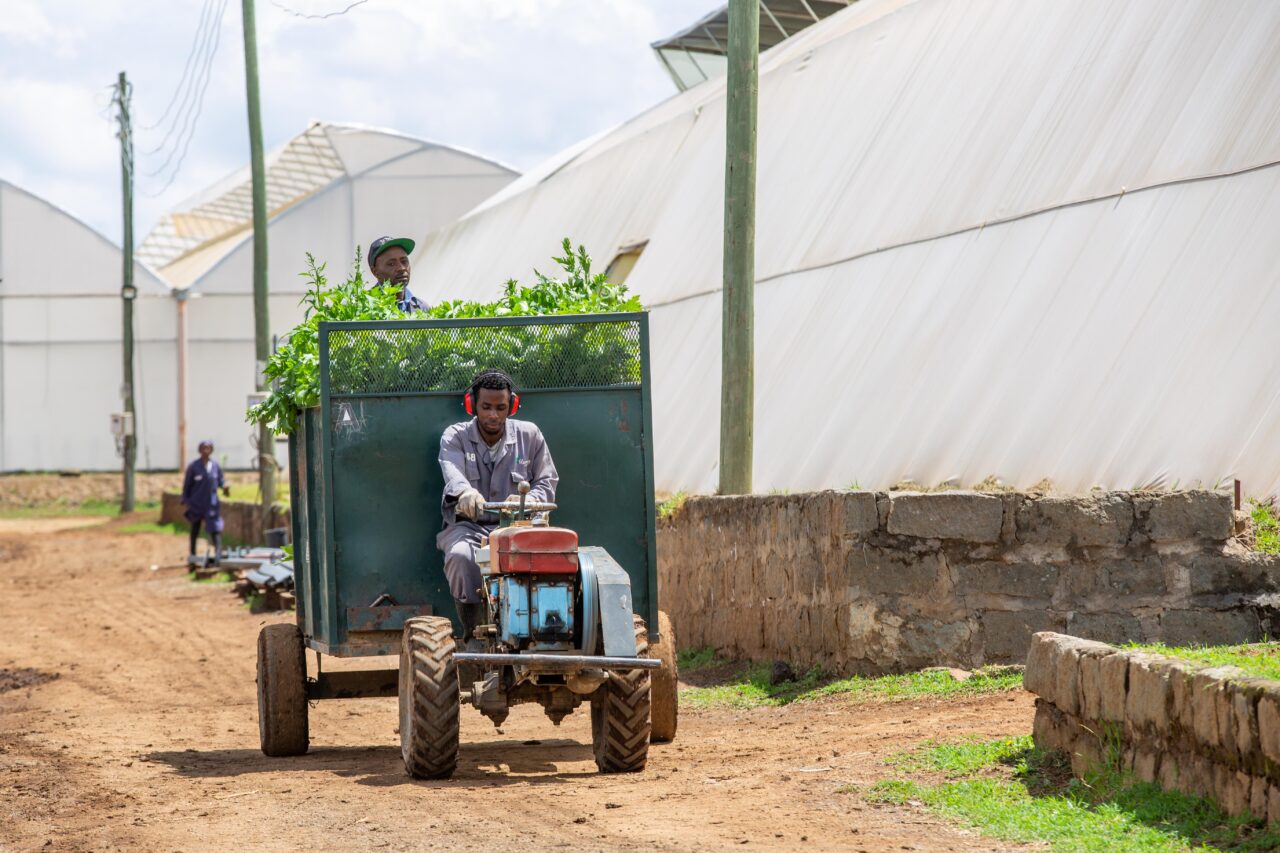
Challenge:
A prominent flower wholesaler was facing rising customer concerns about flower freshness and significant waste throughout their supply chain, and was seeking a sustainable solution.
Industry statistics show that an alarming 15-20% of cut flowers globally are wasted due to improper handling at various stages (Source 1). This translated to lost sales, customer dissatisfaction, and increased disposal costs for the wholesaler. Traditional sourcing methods lacked transparency regarding pre- and post-harvest practices, making it difficult to pinpoint the cause of the high waste rate.
Solution:
The wholesaler partnered with The Flower Hub, a Kenyan flower supplier dedicated to sustainable and efficient practices. The Flower Hub addressed the challenge with a comprehensive approach:
- Rigorous Farm Selection: The Flower Hub connected the wholesaler with reputable Kenyan farms known for their meticulous flower handling and commitment to sustainable practices. These farms prioritize integrated pest management (IPM) to minimize pesticide use, water-saving irrigation methods, and responsible waste management (Source 2).
- Pre- and Post-Harvest Expertise: The Flower Hub ensured proper harvesting at the optimal bloom stage and immediate post-harvest hydration to minimize stress on the flowers (Source 3).
- Temperature-Controlled Logistics: Flowers were transported in refrigerated containers with precise temperature control to maintain freshness and minimize ethylene gas production, a natural plant hormone that accelerates flower aging (Source 4).
Results:
The partnership with The Flower Hub yielded impressive results for the wholesaler:
- 15% Reduction in Flower Waste: Within the first year, the wholesaler achieved a remarkable 15% reduction in flower waste. This translated to substantial cost savings and a minimized environmental footprint.
- Enhanced Customer Satisfaction: Florists, the wholesaler’s primary customers, reported receiving fresher, longer-lasting flowers. This led to a significant increase in repeat business, as florists experienced less shrinkage and consistent product quality.
- Sustainable Sourcing Alignment: The partnership allowed the wholesaler to align with growing consumer demand for environmentally responsible flower sourcing. This resonated with eco-conscious customers and helped attract new business opportunities.
Key Takeaways:
This case study demonstrates the effectiveness of partnering with a supplier committed to sustainable and efficient practices. By implementing pre- and post-harvest expertise, temperature-controlled logistics, and real-time tracking, The Flower Hub helped the wholesaler significantly reduce flower waste, improve customer satisfaction, and solidify their position as a leader in the flower industry.
Sources:
- Source 1: Postharvest Loss in the Ornamental Flower Industry (https://www.mdpi.com/2311-7524/7/3/51)
- Source 2: International Society of Horticultural Science (ISHS): https://www.researchgate.net/publication/324000192_Integrated_pest_management_under_protected_cultivation_A_review
- Source 3: Postharvest Biology and Technology Journal: https://www.researchgate.net/publication/321228483_POST_HARVEST_HANDLING_OF_CUT-FLOWER_ROSE
- Source 4: Floralife: https://feltmagnet.com/crafts/Different-Methods-for-Preserving-or-Drying-Flowers
